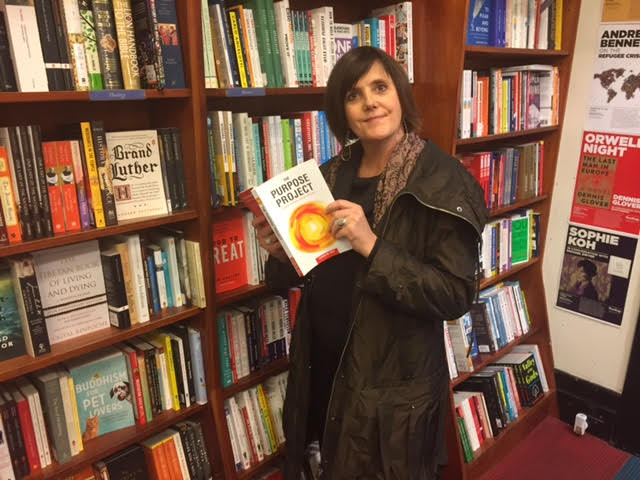
by admin | Jun 24, 2020 | Books
As Myriam sat down and snuggled her legs beneath her on the armchair, book in hand, tea on the side table, ready for a session with her latest book, a little voice in her head kept whispering…
Can I stop reading now?
It’s so weird. Even though as readers, we pick up a book because of pain or a problem we want to solve, we feel reluctant to change.

by admin | Jun 17, 2020 | Books, Publishing
In 2011, a small Australian press published a few thousand copies of E L James’ Fifty Shades of Grey.
James won a publishing deal even though she had published the book for free on a fan-fiction website.
That turned out to be a smart move.
Her books have sold over 150 million copies worldwide, and been translated into around 50 languages, Alexander Alter wrote in the New York Times last year.
James became the highest-paid author in the world in 2013, with an annual income of USD95 million, according to the US business magazine, Forbes.

by admin | Jun 10, 2020 | Books, Publishing
I am a fan of the niche when it comes to business books: the narrower the audience, the more special your readers feel. If you write a book for vegan vets who live in Brighton, Melbourne, not many people will buy or read your book. But those who do will love it (if it’s good) and feel special.
If that is you, you don’t need to distribute your book to bookshops. But if you have a book with wide appeal—such as “How to Lose 10 Kilos on a Diet of Cream Puffs” (just kidding)—you will want your book to go national or even global.

by admin | Jun 4, 2020 | Books, Publishing
Not all books are loved.
Millions of books are “pulped” each year. That means they become landfill.
In America alone, an estimated 10 million trees are logged each year to print books that ultimately end up in landfill, according to an independent small publisher, TCK.com.
Why? That is the way the traditional publishing industry has always done it. It is cheaper to for trad publishers to overprint (more than estimated demand) and then pulp millions of books. It’s all about “economies of scale”.

by admin | May 27, 2020 | Books, Publishing
From my series, 10 Fabulous Reasons to Self-Publish Your Book
Tip #7 Retain control over the editing, design and print quality of your book
Poor editing, design and printing can really let your book down.





